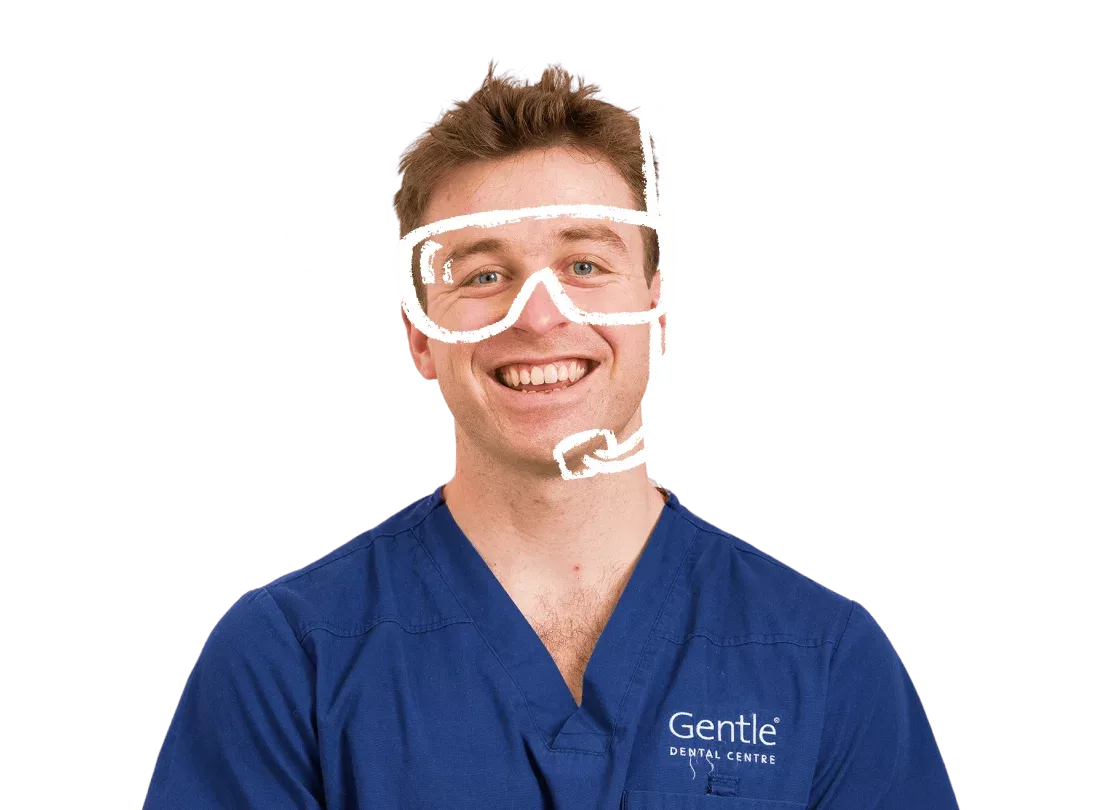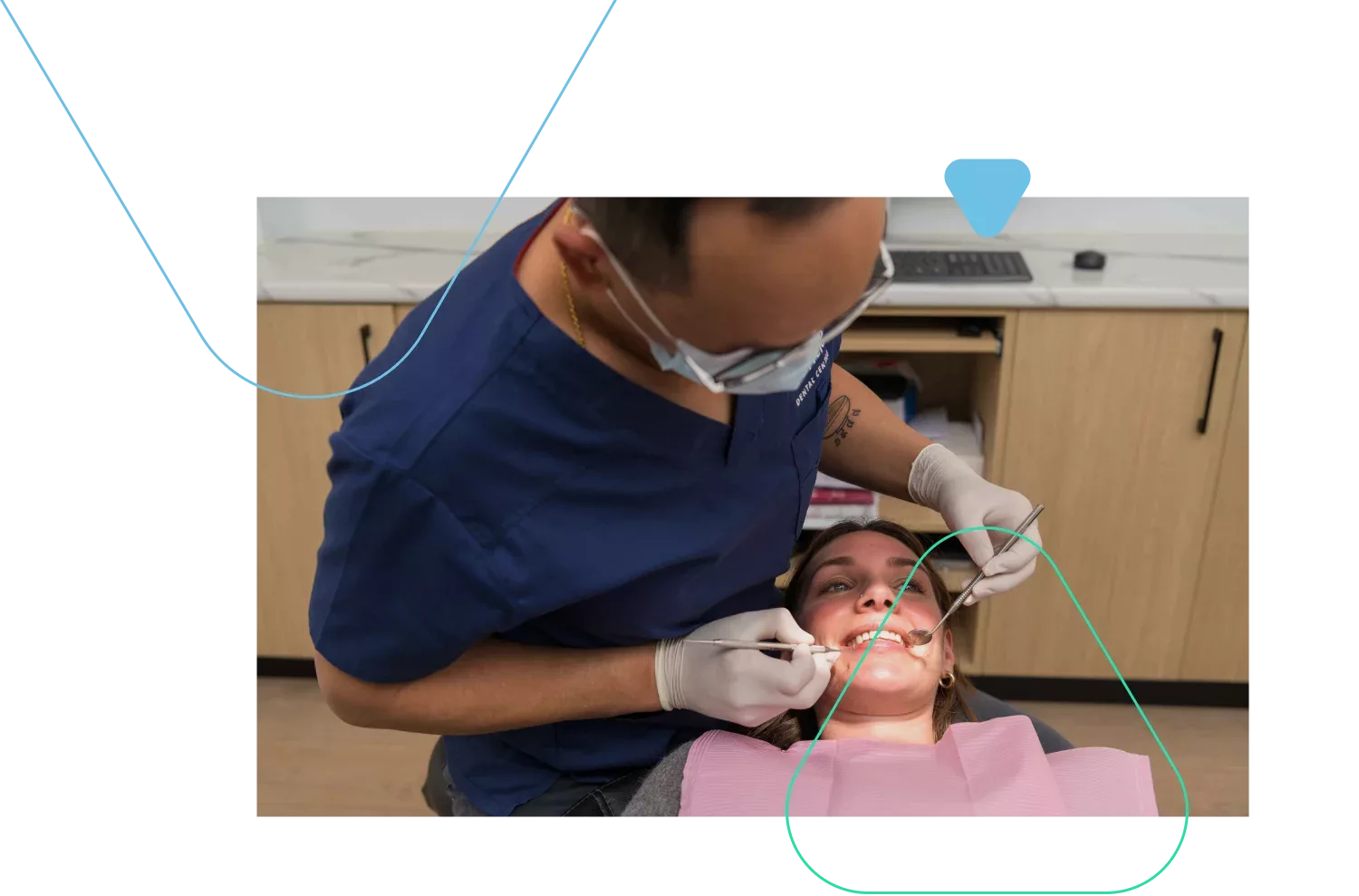How do I Treat Gum Disease?
If you’re suffering from sore gums, bleeding when you brush or floss, or stinky breath, you might have gum disease. ...
Periodontal treatment involves cleaning of your teeth and gums to help control the bacterial plaque that causes gum disease. If you have gum disease our dentists will work with a hygienist or periodontist to develop a treatment plan for you.


Periodontitis usually starts with plaque hardening into gingivitis, the mildest form of gum disease. Gingivitis can cause pockets to form between the gums and teeth.
Over time, these pockets fill with plaque and tartar. Left untreated, these infections can lead to a loss of tissue around the teeth and bone in the jaw. The good news is gum disease can usually be prevented with good oral hygiene habits like brushing twice a day and daily flossing.
To check for periodontitis your dentist will examine your mouth and look for plaque and tartar buildup and bleeding gums.
They will also measure the pockets between your teeth and gums and take dental x-rays to check for bone loss. Treatments for gum disease range from regular cleans to scaling and root planing for periodontal disease. If the roots of your teeth are exposed, your dentist may recommend a soft tissue graft.


01
2 or more appointments starting with an evaluation
02
Treatments for mild to advanced gum disease
03
Removal of plaque and tartar from above and below the gum line
04
Treatment for active gum infections
05
Long-term treatment plan
06
Oral health education
Related posts
If you’re suffering from sore gums, bleeding when you brush or floss, or stinky breath, you might have gum disease. ...
If you have a wiggly tooth as an adult, it’s usually a sign of an underlying problem like gum disease or mouth trauma....
Our oral health acts as a window into the rest of your body. Gum conditions, gingivitis and inflammation can lead to problems with your heart, lung...
You can prevent gum disease by brushing twice a day and flossing daily. Flossing helps remove food from the mouth and prevents plaque from hardening into tartar which is hard to remove. Regular hygienist appointments will help remove tartar from between your teeth or any places that are hard to brush or floss. Smoking can also contribute to the development of gum disease.
Periodontal treatment is for the treatment of advanced gum disease. Early-stage gum disease can be treated with regular flossing and brushing and hygiene appointments to remove plaque buildup. Usually, with advanced gum disease plaque has built up below the gumline and can only be removed with professional tools.
A periodontist has three additional years of training in periodontics, including non-surgical and surgical treatments. They are specialists in detecting, treating and preventing periodontal diseases. If you think you have gum disease, we recommend booking a hygienist appointment for an initial consultation.